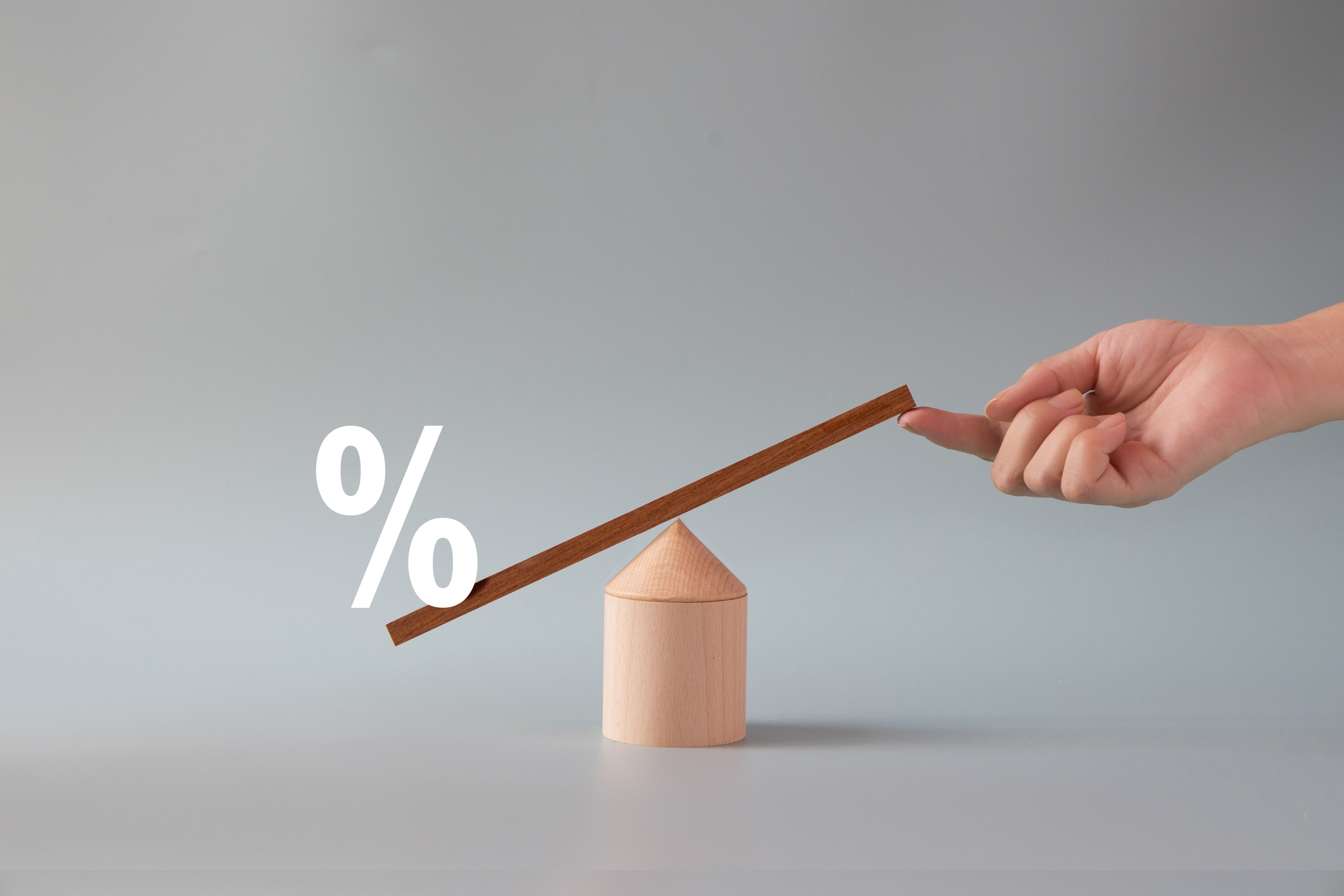The ripple effects of each Federal Reserve meeting reach far beyond Wall Street. They shape the rate on your mortgage, the growth of your savings, and even the value of long-term investments.
Ahead of the September Fed meeting, mortgage rates dropped to their lowest level since October 2024. The average 30-year fixed rate slipped below 6.5% for the first time in months, thanks to cooling inflation and growing confidence that the Fed may begin cutting rates in the coming quarter.
The reaction was immediate: refinance applications spiked nearly 60% last week — the sharpest increase in more than two years. As rates shift, understanding who stands to benefit and who may lose ground is the first step in adjusting your financial strategy.
Sign up for Kiplinger’s Free Newsletters
Profit and prosper with the best of expert advice on investing, taxes, retirement, personal finance and more – straight to your e-mail.
Profit and prosper with the best of expert advice – straight to your e-mail.
The big winners: Homeowners and buyers

(Image credit: Getty Images)
Falling mortgage rates are a welcome break for homeowners who took out mortgages during the peak-rate periods of 2022 and 2023. For those with rates above 7%, today’s environment opens the door to consider refinancing into lower monthly payments.
That relief can free up hundreds of dollars per month, offering a much-needed buffer against other rising costs like groceries, insurance and energy.
Homebuyers also stand to benefit, at least in theory. Lower rates slightly boost affordability by reducing monthly payment burdens, making it easier to qualify for a mortgage. However, inventory remains tight in many markets, and prices are still elevated. This means buyers may find some relief but not a complete reset of the housing affordability crunch.
Curious about today’s rates? Explore and compare some of today’s best offers with the tool below, powered by Bankrate:
The losers: Banks, investors and savers

(Image credit: Getty Images)
Not everyone wins when rates fall. Banks and investors holding older mortgage-backed securities (MBS) face losses as new loans enter the market at lower yields. As older, higher-interest loans get refinanced, the value of those securities drops, reducing bank profitability and potentially affecting investor portfolios with heavy exposure to mortgage debt.
Savers, too, may feel the downside. If the Fed signals a pivot to rate cuts in response to softening inflation and economic data, banks will likely lower yields on CDs and high-yield savings accounts.
For consumers relying on those accounts for a reasonable return, the recent gains in interest income may start to decrease. The era of 5% savings rates could be short-lived if broader rate cuts materialize.
Browse some of today’s best savings account offers with the tool below, powered by Bankrate:
What it means for your financial strategy

(Image credit: Getty Images)
When interest rates shift up or down, it sends a ripple effect across nearly every aspect of your personal finances. That’s especially true when mortgage rates move sharply. If you’re a homeowner, a buyer, or someone with money in savings, now’s the time to pause and ask: What should I do differently?
Here are a few options to consider.
Refinance math: When it makes sense.
If you have a mortgage with an interest rate at least one percentage point higher than current offerings, now is the time to run the numbers. Just make sure you factor in closing costs, loan term changes and how long you plan to stay in the home. Refinancing isn’t always a slam dunk, but for many, it could mean real monthly savings.
Diversifying savings if yields fall.
If CD and high-yield account rates start to decline, look into laddering strategies or short-term Treasury bills to lock in higher yields while they last. Consider moving a portion of savings into I-bonds or other inflation-protected assets if you’re worried about losing ground.
Big picture: why every rate move creates both opportunity and trade-offs.
Whether you’re a homeowner, a saver or an investor, every rate change reshapes your financial landscape. With another decision coming in October, now is the time to revisit your strategy, weigh the trade-offs between borrowing and saving and make adjustments that support your long-term goals.
Falling mortgage rates can provide relief for homeowners and buyers but they also bring challenges for savers and financial institutions. Instead of seeing these shifts as purely good or bad, treat them as a signal to reassess and realign your money decisions.
